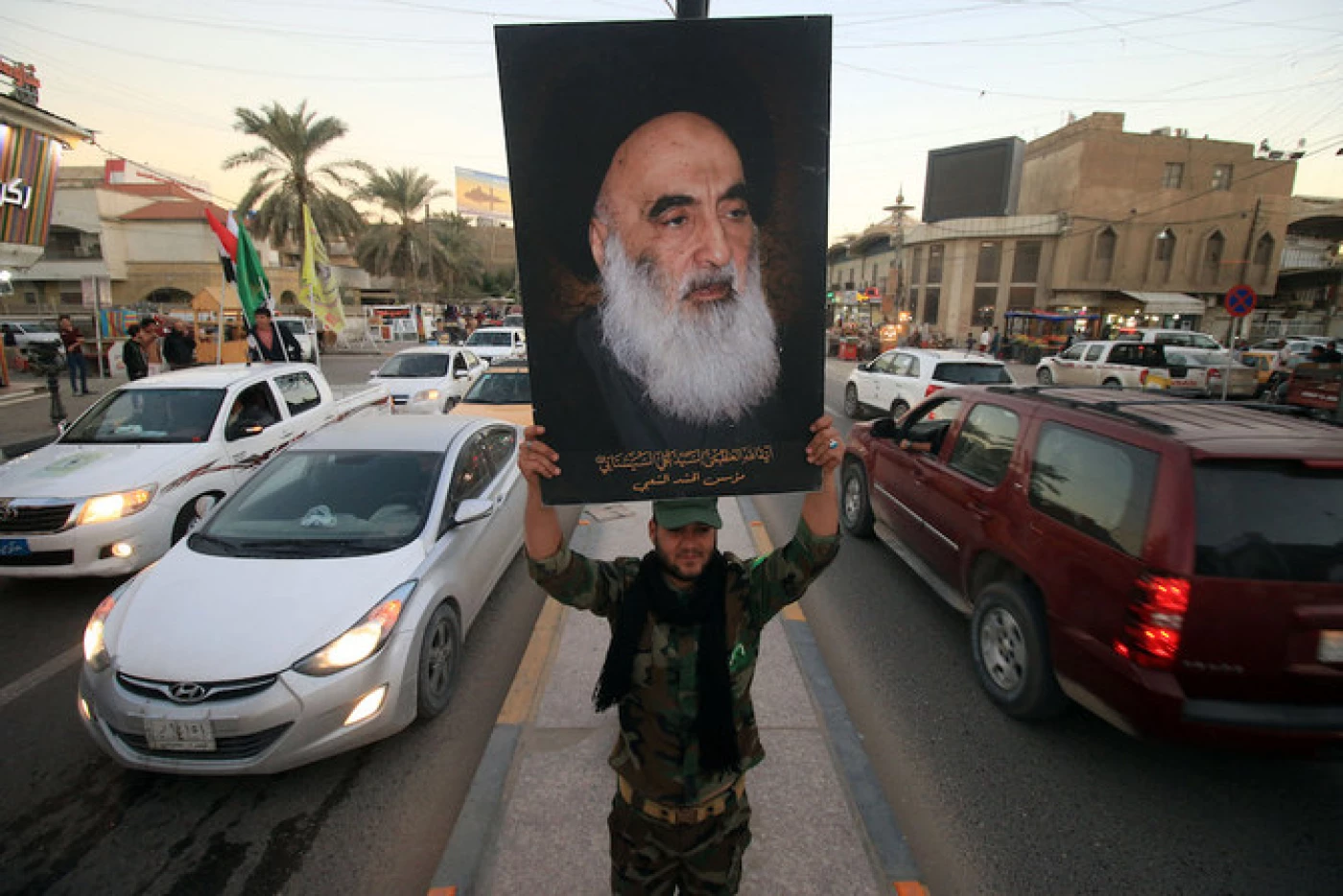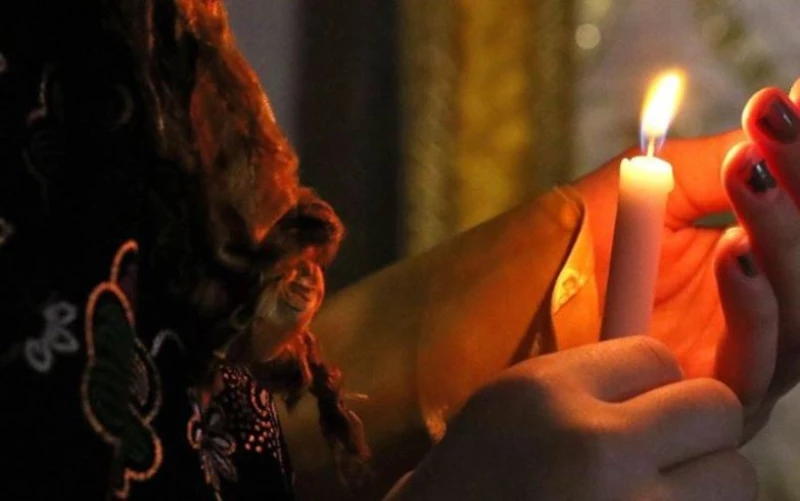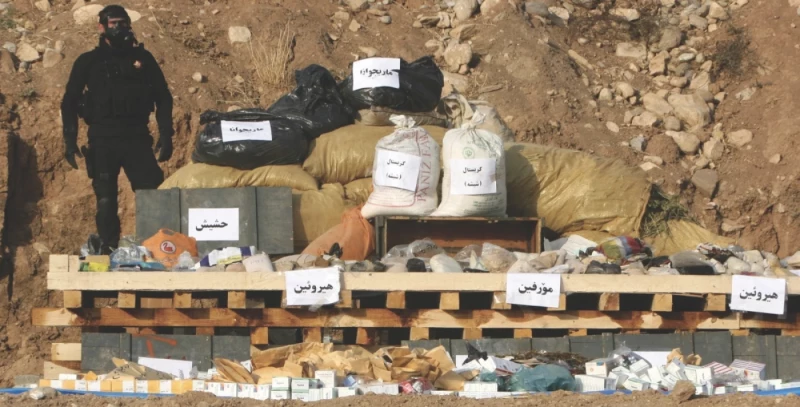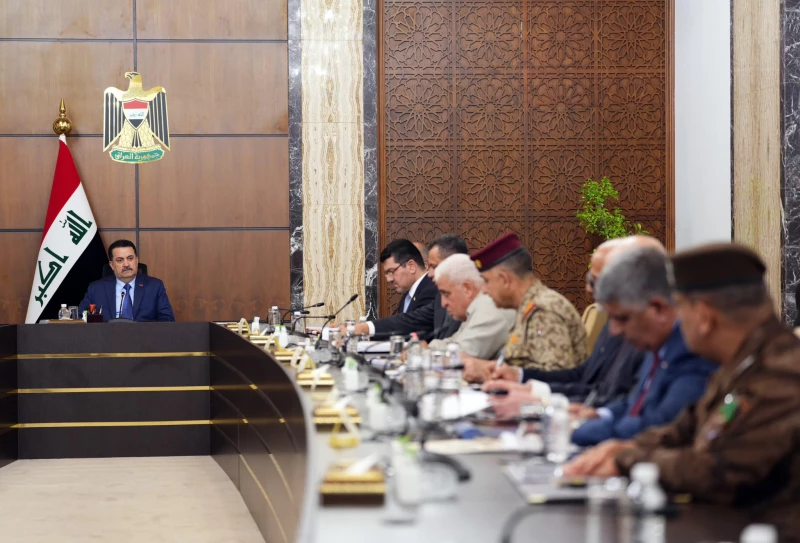DUBAI, UAE - Iraq’s top Shiite cleric, Grand Ayatollah Ali al-Sistani, has been listed as a potential target in an Israeli assassination plot, according to a report by Israel's right-wing Channel 14.
The channel displayed al-Sistani’s image alongside those of other prominent figures, including Houthi leader Abdul-Malik al-Houthi, Hezbollah's deputy secretary-general Naim Qassem, Hamas political bureau chief Yahya Sinwar, the commander of the Quds Force in the Iranian Revolutionary Guard, Esmail Qaani, and Iranian Supreme Leader Ali Khamenei, all marked with a “target” symbol.
The report, aired Tuesday, mentioned potential Israeli retaliation following a missile attack launched by Iran last week, but did not explain why al-Sistani, one of the world’s most respected Shiite leaders, was included in the list. The broadcast prompted widespread condemnation, with many Shiite leaders warning of serious consequences.
In a statement released by the Iraqi government on Wednesday, spokesperson Basem al-Awadi condemned the Israeli media "in the strongest term" for its “inflammatory and racist rhetoric,” asserting that the government “rejects any assault on the revered status” of al-Sistani.
The statement emphasized the global respect for al-Sistani and called on the UN and international bodies to “denounce actions that insult Muslim sentiments.”
It also condemned Israel's ongoing violence, stating that “the Iraqi government has made significant efforts to halt the conflict” and rejecting attempts to undermine its principled stance on key issues, declaring it a “dangerous aggression” that will not change Iraq’s position on vital matters.
Al-Sistani, born in 1930 and residing in Najaf, Iraq, is one of the most influential Shia clerics in the world. His religious authority extends far beyond Iraq, making him a central figure in global Shia Islam.
Fadi al-Shammari, political adviser to the Iraqi prime minister, expressed confidence that Israel would not act on such threats, describing al-Sistani as a “deep red line” for Shiite Muslims globally.
“Our great religious authorities, foremost among them Imam al-Sistani, are a deep red line for Shia Muslims worldwide, not just in Iraq,” al-Shammari said. “The enemy will not dare make such a fatal strategic mistake. If they do, no stone will be left upon another.”
In a statement, Iran’s military forces held both the United States and Israel responsible for any harm that might come to Iraq's religious leadership.
"The terrorist United States and the Zionist entity will bear responsibility for any harm to the religious authority in Iraq, represented by His Eminence Ayatollah Sayyid Ali al-Sistani," the statement read.
The Global Islamic Shiite Association also condemned the program, questioning whether Israel intends to provoke a global confrontation with Shia Muslims. “This provocation by threatening to assassinate religious leaders could broaden the conflict,” the association said in a statement. It also criticized any potential Israeli actions against Iran's Supreme Leader, Ayatollah Ali Khamenei.


 Facebook
Facebook
 LinkedIn
LinkedIn
 Telegram
Telegram
 X
X



